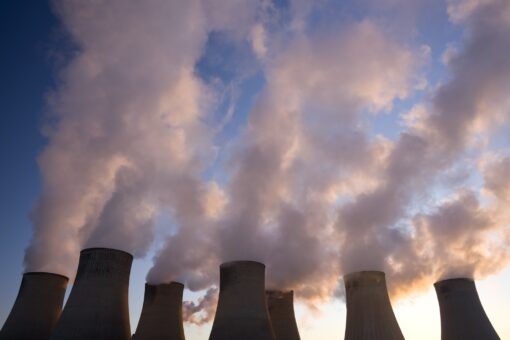
The World Health Organisation (WHO) has described climate change as ” the greatest threat to global health in the 21st century”. The extreme weather events it causes are leading to infectious disease outbreaks and malnutrition. Worsening air pollution is widening our already stark health inequalities.
Despite the appreciation that climate change is a driving or contributing factor to a range of urgent health challenges, we identified an emerging evidence gap in the understanding of ethical considerations that the climate crisis is triggering.
Our new overview paper, seeks to take a step towards addressing that gap, highlighting the emerging ethical issues and splitting them into three linked themes:
- The broad ethics of the climate crisis, which includes asking what is owed to emerging, future and hypothetical generations?
- The ethical issues arising in mitigation and adaptation strategies, which includes challenging the perception of collective action and individual choice – If my individual actions make next to no difference, what moral obligations do I have to act?
- The issues relating to research into climate action, which includes emphasising the need for fairness throughout required cooperation from a range of national and international bodies.
The paper does not draw any firm conclusions or make recommendations for action; further work is required to elucidate how these ethical issues operate in the context of policy responses to the health impacts of climate change.
However, what this paper does offer is a set of key ethical principles that could help to inform future climate crisis discussions.
It is clear that whilst there is an appreciation for the environmental and health impacts of climate change, there is a lack of awareness for the ethical considerations that must underpin our efforts to tackle these problems. We will be exploring this topic further with our networks and key decision-makers. Ethics cannot be an afterthought; it is vital to us navigating these problems effectively and meaningfully for those people and communities likely to feel the negative impacts the most.
Danielle Hamm, Director of the Nuffield Council on Bioethics